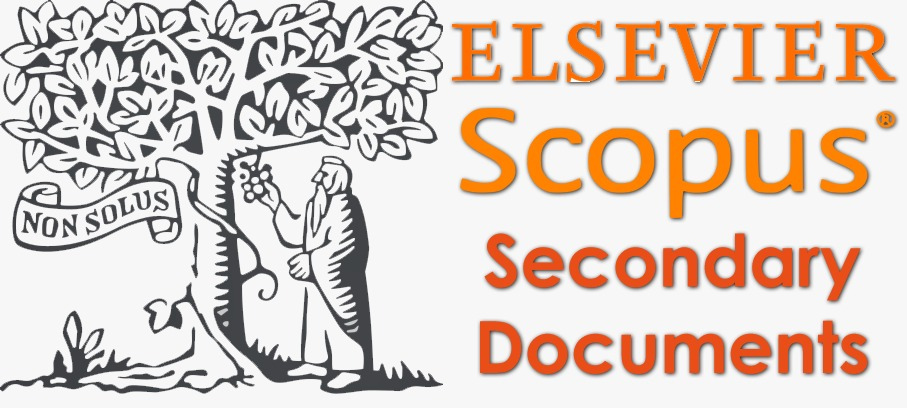ENSEMBLE LEARNING FOR PREDICTION OF MARKETING CAMPAIGN ACCEPTANCE
DOI:
https://doi.org/10.15282/ijsecs.8.2.2022.7.0104Keywords:
Ensemble Learning, Marketing Campaign, LightGBM, Gradient Boosting, AdaBoostAbstract
Artificial intelligence, commonly known as AI, has greatly influenced marketing strategies, including business models, sales processes, customer service options, and customer behaviour in receiving marketing campaigns. In a marketing campaign, all customers are targeted by advertising, including those who will not respond positively to the marketing campaign and reject the offer. This means that the company is inefficient; the marketing campaign is ineffective because customers are not segmented and targeted. As a result, costs increase and the company's profit decreases. Thence, this leads to the failure of the company's marketing campaigns. The purpose of this study is to experiment with using Ensemble Learning and tuning on the Marketing Campaign dataset by providing the classification methods. That classification method is called the Light Gradient Boosting Machine (LightGBM), Gradient Boosting Classifier (GBC), and AdaBoost Classifier (ADA), which have never been used in the classification of the Marketing Campaign dataset. The study results in the highest model with an accuracy value of 98.64%, AUC 0.9994, recall 95.77%, precision 95.77%, F1-score 95.77%, and kappa 94.98% when using the LightGBM for marketing campaign predictions.
References
V. Eitle and P. Buxmann, “Business Analytics for Sales Pipeline Management in the Software Industry : A
Machine Learning Perspective,” vol. 6, pp. 1013–1022, 2019.
Z. Zhao and M. Wang, “Maximum Relevance and Minimum Redundancy Feature Selection Methods for a
Marketing Machine Learning Platform”.
D. Zafirovski, “Analyse der Auswirkungen künstlicher Intelligenz im digitalen Marketing auf das personalisierte
Kundenerlebnis,” 2021.
J. Asare-Frempong and M. Jayabalan, “Predicting customer response to bank direct telemarketing campaign,”
Int. Conf. Eng. Technol. Technopreneurship, ICE2T 2017, vol. 2017-Janua, no. September, pp. 1–4, 2017,
doi: 10.1109/ICE2T.2017.8215961.
S. P. Singh, P. Singh, and A. Mishra, “Predicting Potential Applicants for any Private College using LightGBM,”
Int. Conf. Innov. Trends Inf. Technol. ICITIIT 2020, 2020, doi: 10.1109/ICITIIT49094.2020.9071525.
S. Bhanu Koduri, L. Gunisetti, C. Raja Ramesh, K. V. Mutyalu, and D. Ganesh, “Prediction of crop production
using adaboost regression method,” J. Phys. Conf. Ser., vol. 1228, no. 1, 2019, doi: 10.1088/1742-
/1228/1/012005.
H. Rao et al., “Feature selection based on artificial bee colony and gradient boosting decision tree,” Appl. Soft
Comput. J., vol. 74, pp. 634–642, 2019, doi: 10.1016/j.asoc.2018.10.036.
K. Nugroho et al., “Improving random forest method to detect hatespeech and offensive word,” 2019 Int. Conf.
Inf. Commun. Technol. ICOIACT 2019, pp. 514–518, 2019, doi: 10.1109/ICOIACT46704.2019.8938451.
X. Feng, “Research of sentiment analysis based on adaboost algorithm,” Proc. - 2019 Int. Conf. Mach. Learn.
Big Data Bus. Intell. MLBDBI 2019, pp. 279–282, 2019, doi: 10.1109/MLBDBI48998.2019.00062.
M. E. Tocco, “Trabajo de Fin de Máster TÍTULO : ‘ Análisis de datos para segmentar a los clientes y aumentar
la eficiencia de las campañas de Marketing ’ Alumno : Maria Emilia Tocco Tutor : Ramón Alberto Carrasco y
Rocío González Martínez,” 2021.
N. Ravi, A. Scaglione, and S. Peisert, “Colored Noise Mechanism for Differentially Private Clustering,” pp. 3–
, 2021, [Online]. Available: http://arxiv.org/abs/2111.07850
S. Lahmiri, S. Bekiros, A. Giakoumelou, and F. Bezzina, “Performance assessment of ensemble learning systems in financial data classification,” Intell. Syst. Accounting, Financ. Manag., vol. 27, no. 1, pp. 3–9, 2020, doi:
1002/isaf.1460.
R. Saldanha, “Marketing Campaign.” 2014. [Online]. Available: https://www.kaggle.com/rodsaldanha/arketingcampaign
Downloads
Published
Issue
Section
License
Copyright (c) 2022 Fakihotun Titiani, Dwiza Riana

This work is licensed under a Creative Commons Attribution-NonCommercial 4.0 International License.







